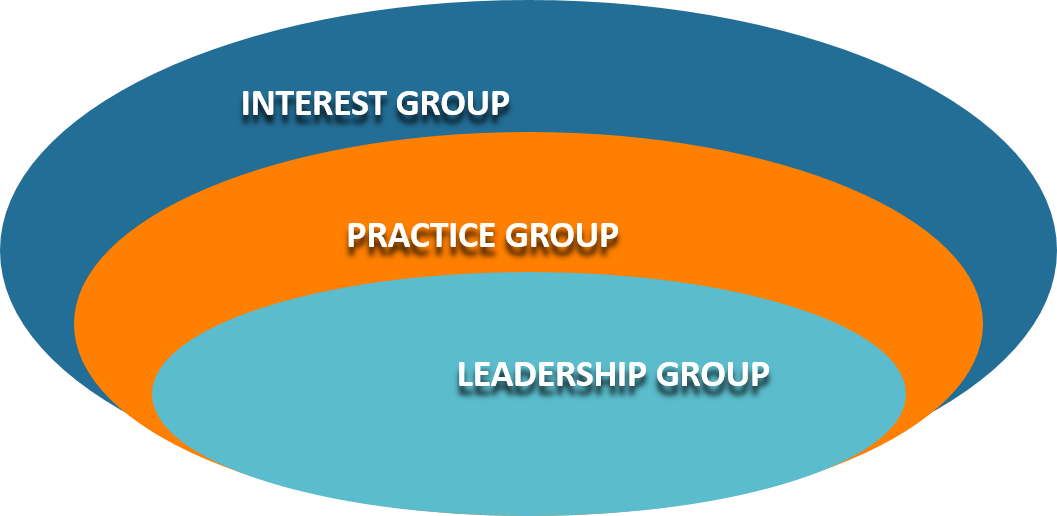The ACPSEM Specialty Groups exist to facilitate the activities and passions of ACPSEM members with a common interest in one or more of the disciplines of Medical Physics, Radiopharmaceutical Science and Biomedical Engineering. Specialty Groups link with the disciplines of the ACPSEM Training Education and Assessment Program (TEAP). The Specialty Groups for areas or disciplines not linked to TEAP are formally referred to as Special Interest Groups.
The general mission of ACPSEM Specialty Groups and Special Interest Groups is to act for the benefit and protection of the public by initiating policies or protocols that improve technical standards, methodology and professional standards of best practice. All Specialty Groups and Special Interest Groups have their own Terms of Reference, under which each group defines their own specific missions.
The Current ACPSEM Specialty Groups are:
+ |
New and emerging Specialty and Special Interest Groups
|
||||||||||||||
|
|
|
ACPSEM recognises that many of our members cannot be solely classified as practitioners in the traditional disciplines of our Specialty Groups. With an eye to the future, the Board and Advisory Forum continue to consider what other specialty groups or special interest groups should be established to encompass the practices of our members at present and in the years to co
|
|||||||||||||

+ |
Interest Group |
||||||
|
An entry level subgroup for all members, regardless of education level, training, professional stage, degree of experience or scope of specialisation. Eligibility
Why Join an Interest Group?
If you are unable to, or would rather not, actively participate in the work of the Practice Subgroup, but would still like to be informed of its undertakings and projects, join the Interest Subgroup.
|
|||||||
+ |
Practice Group |
||||||
|
A subgroup for ACPSEM members with established or growing expertise in a specialty, who want to expand the scope of their specialty knowledge, contribute to developments within it and/or lead specialty practice.
Eligibility
Why Join a Practice Group?
Because of the expectation that Practice Group members will actively participate in Specialty Group activities and projects, ACPSEM recommends that you join no more than three Specialty Practice Groups.
|
|||||||
+ |
Leadership Group |
||||||
|
The Leadership Committee acts as executive committee of the Specialty Group. The members of the Leadership Committee are members of the Practice Group who seek to be deeply involved in the specialty practice through a leadership role, and are elected to this committee to guide the College activities that support the specialty practice, and the members of the Interest Group, the Practice Group, and the College as a whole.
Eligibility
|
|||||||
Ensure you are familiar with the anatomy of the ACPSEM Specialty Groups and the eligibility requirements of the subgroup you wish to join.
ACPSEM members can join the Interest Group and/or Practice Group of a Specialty Group at any time via the SG/SIG and Branches portal of "My ACPSEM". Simply click ‘subscribe’ next to the name of your chosen group to join instantly and gain access to the group's online platform. Joining will automatically add you to the group's mailing list. You can unsubscribe at any time.
The Leadership Committee for each Specialty Group is nominated and elected from the its Practice Group. Calls for nominations are announced by ACPSEM in emails to the Practice Group. Certain Leadership Committees may have one or more vacant positions for members of a specific background or membership tier. If you are interested in joining a Leadership Committee or learning of any potential vacancies, please email membership@acpsem.org.au.
For further information on how specialty groups operate, see the ACPSEM Guidelines on Specialty Groups and Special Interest Groups.